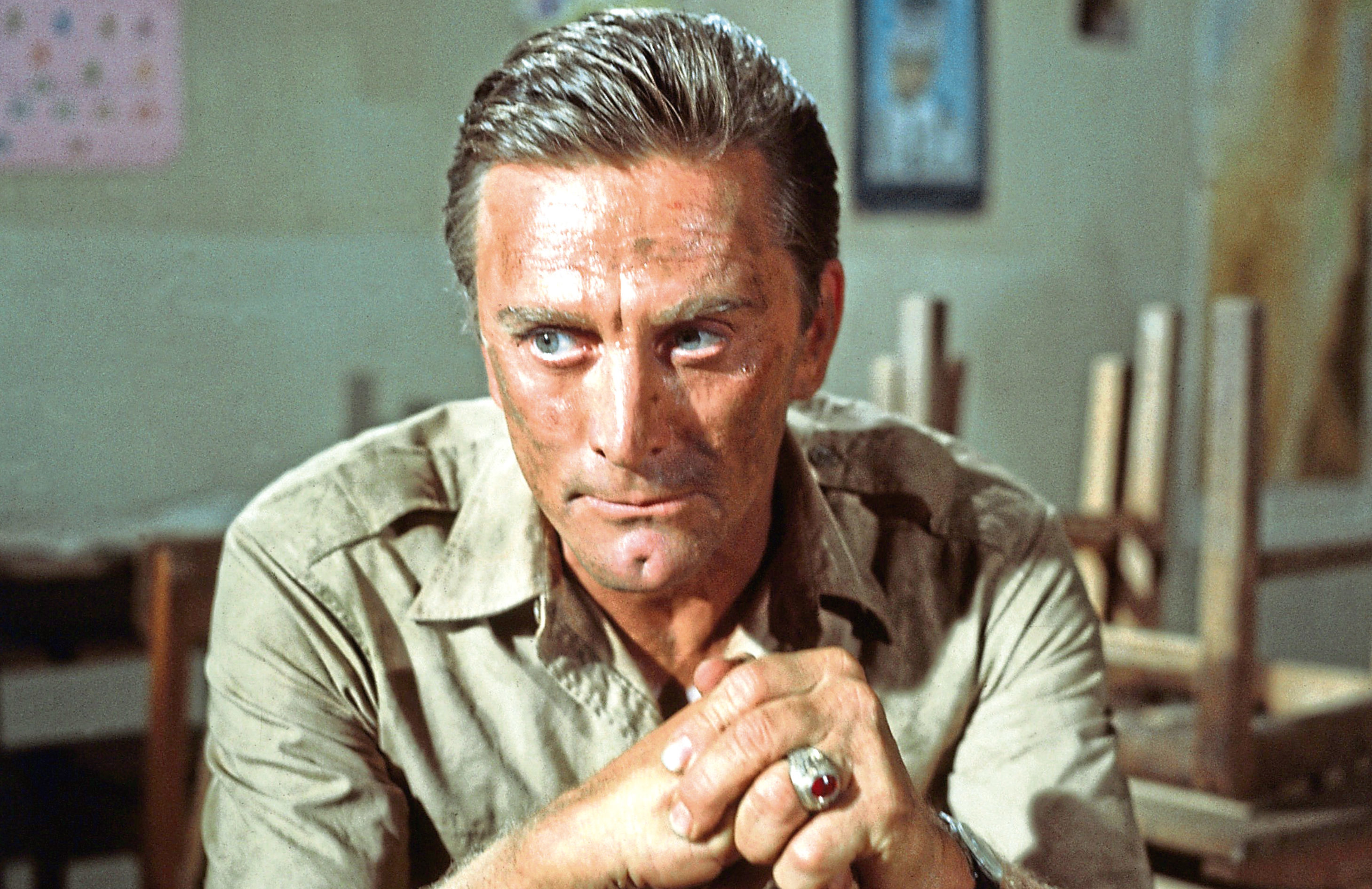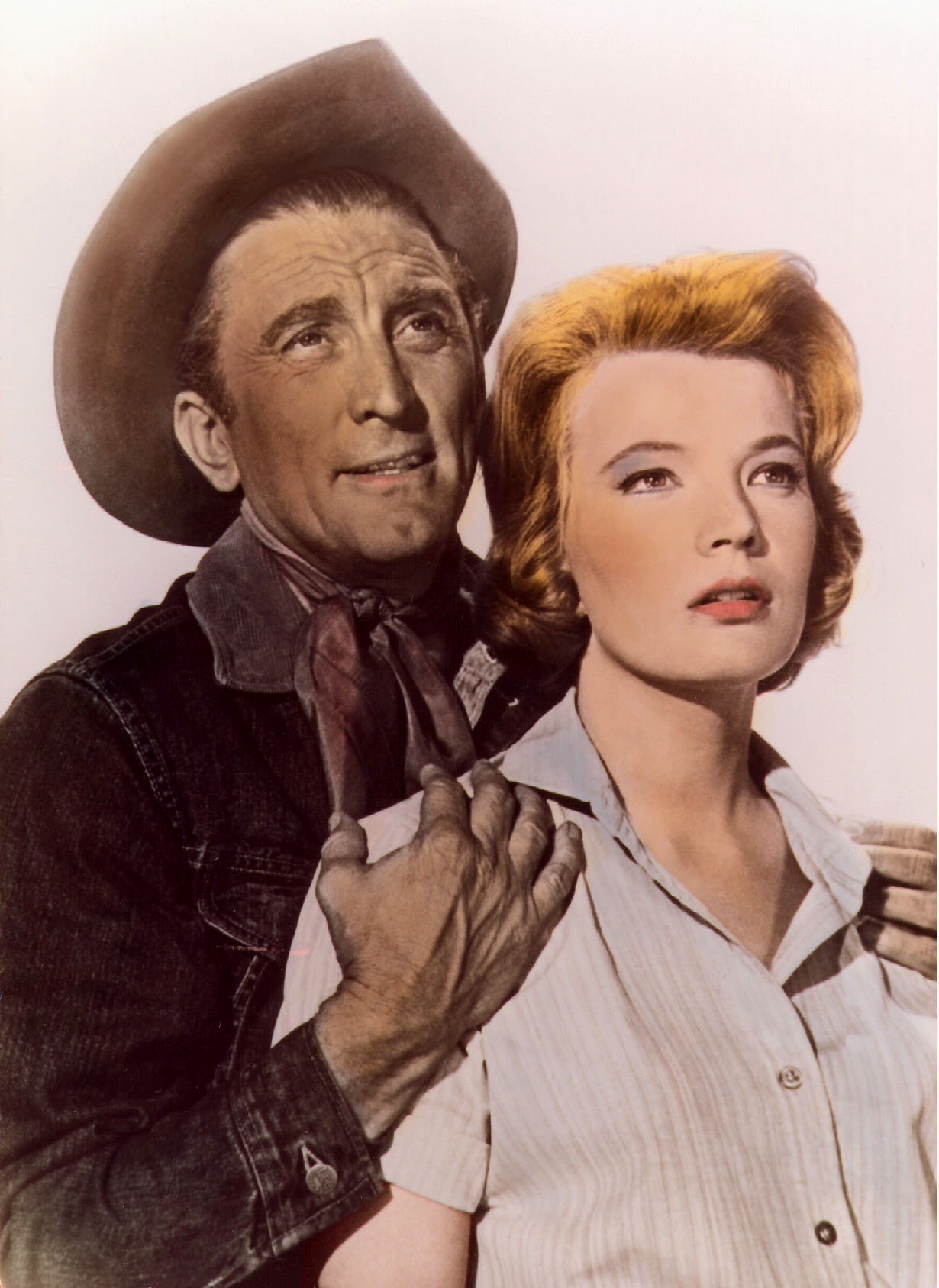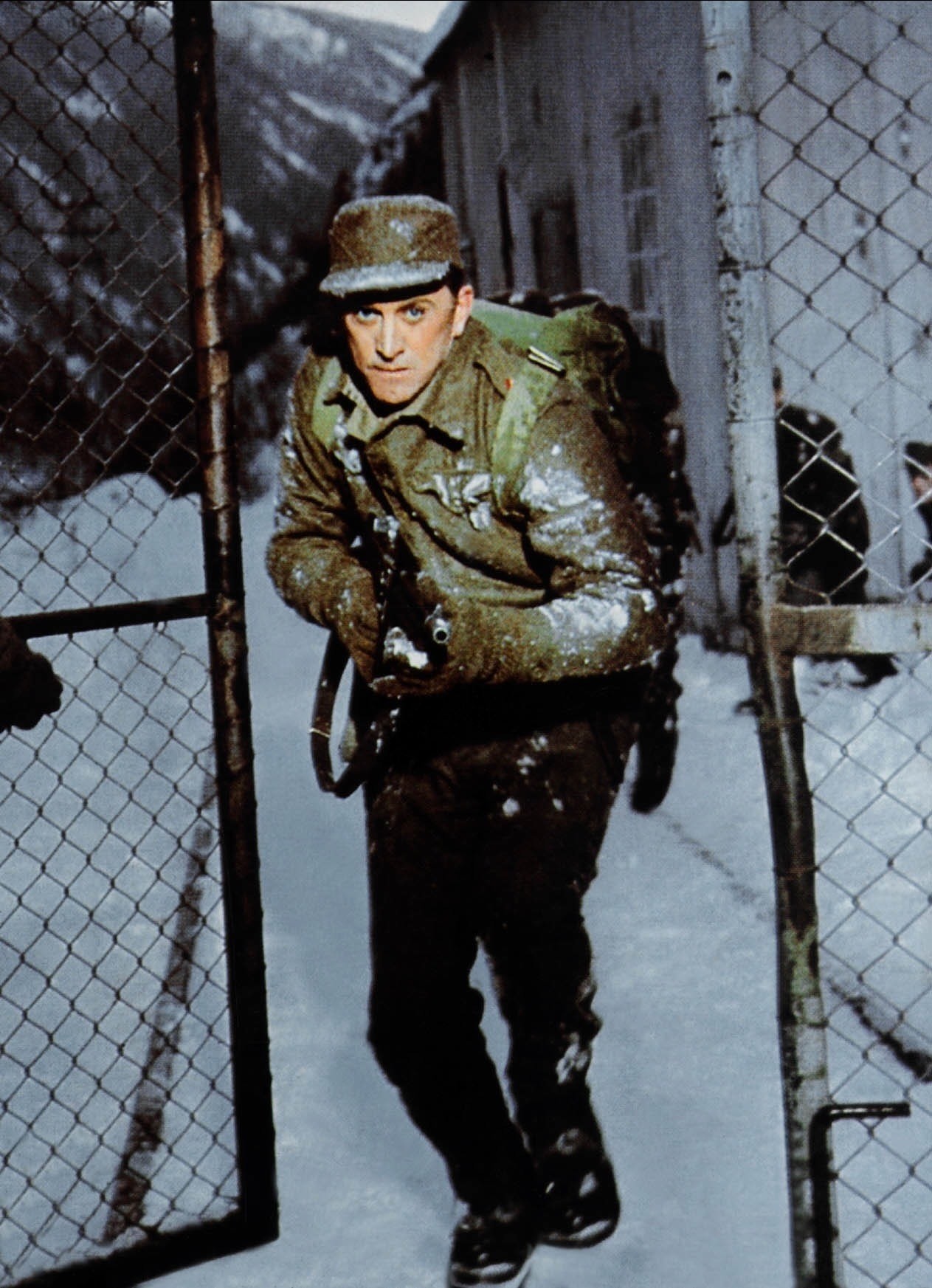
WHEN you open a new decade with a smash-hit record-breaking movie, you could feel that things can’t get any better.
Not when you’re Kirk Douglas at his very peak, as he followed Spartacus by becoming one of the 60s’ dominant movie stars.
He didn’t, however, only appear on the big screen.
Douglas had invested large amounts of his own money in Spartacus, and now bought the rights to Ken Kesey’s novel One Flew Over The Cuckoo’s Nest, having played the lead on Broadway.
He would later give the rights to son Michael, who has become an acting legend himself, and he would help turn them into the Jack Nicholson classic.
Lonely Are The Brave saw him star as roaming ranch hand Jack Burns, and it went down especially well with British critics and with Douglas himself.
He often says it is his favourite of all his movies, which is remarkable praise, and our experts gave their backing by nominating him for a Best Foreign Actor Bafta.
It featured one of the earliest scores by Jerry Goldsmith, who would go on to do astonishing soundtracks for many classic hit films. The Heroes Of Telemark, his second flick of 1965, saw him in a new kind of role, as Rolf Pedersen, a Norwegian physics professor happy to keep his head down during the war, only to get well and truly dragged into it.
He is smuggled in and out of Britain, to reveal to the Allies the details of a vital hydroelectric plant.
Alas, things go wrong when he gets home and a group of Royal Engineers are killed – Pedersen leads his own group of saboteurs, well aware that he can no longer pretend the war is not happening.
If Douglas ever had to prove how much of a star he was, he showed it in Cast A Giant Shadow, the following year.
Nobody would cast a shadow over star man Douglas, despite the fact his colleagues for this one included Frank Sinatra, Yul Brynner, John Wayne and Angie Dickinson. He played an Army Reserve colonel, Mickey Marcus, who has been released from duty but is now given a tricky new job – training Israel troops to defend themselves against an imminent Arab attack. The Pentagon won’t let him go in any official capacity, only as a civilian. Once there, he is given a rank not used since Biblical times.
Just as he realises that he is actually a Jew himself, and very proud of it, he is killed by a panicking sentry who speaks no English.
A strange movie in some ways, but one definitely worth another look today, even if you are just star-spotting, and you have to admit it’s all rather topical, too.
1967 saw him make a couple of decent Westerns, The Way West and The War Wagon, alongside fellow hard men John Wayne and Robert Mitchum, but the changing world meant Douglas had to adapt. Which explains movies such as The Arrangement, his final movie of the Sixties, which saw him in a most unusual role.
He played Eddie Anderson, an advertising executive going through a mental breakdown, trapped in a miserable marriage and having a tempestuous affair with Gwen, played by Faye Dunaway.
Director extraordinaire Elia Kazan wanted Marlon Brando to play the role, having played men under intense mental pressure in A Streetcar Named Desire and On The Waterfront.
Brando apparently told him he couldn’t even think about making a movie so soon after the assassination of Martin Luther King, although it’s said that Kazan didn’t believe this was his real reason.
Either way, Douglas made a good job of it.
He also made a good job of a very English (and Scottish) movie in 1971, in which he played a Bucharest waiter who is really a spy. To Catch A Spy was written by Dick Clement and Ian La Frenais, who would bring us everything from Lovejoy to Porridge, The Likely Lads to Auf Wiedersehen, Pet.
Kirk had Trevor Howard, Patrick Mower and Tom Courtenay alongside him.
The film-makers also showed good taste in backgrounds, using Argyll’s Loch Awe and Loch Etive for gunboat scenes – and the shots of Douglas running through a herd of Highland cattle are always worth seeing again!
Victory At Entebbe, from 1976, was another success – with the help of video taping, it was shown just six months after the real events that inspired it, when Israeli hostages were dramatically freed from a Uganda airport.
The movie, made for TV, featured another incredible cast, with Linda Blair, Anthony Hopkins, Liz Taylor, Burt Lancaster all involved.
It got an Emmy nomination, but met with an extremely negative reception from pro-Palestinian activists who left bombs in Germany and Italy and accused it of being Zionist propaganda.
Tough Guys, his 1986 comedy with old pal Burt Lancaster, got a friendlier reception. Douglas, now 70, and Lancaster, who was three years older, played a couple of gangsters.
They’ve spent 30 years in jail and have their own plans for steering the right side of the law from now on, but just can’t come to terms with how the world has changed while they’ve been away.
He showed his sensitive side again in 1992’s The Secret, in which a grandfather and grandson struggle with dyslexia.
If that brought a tear to his eye, it’s fair to say that It Runs In The Family, made at the age of 87, was an emotional movie, too.


Enjoy the convenience of having The Sunday Post delivered as a digital ePaper straight to your smartphone, tablet or computer.
Subscribe for only £5.49 a month and enjoy all the benefits of the printed paper as a digital replica.
Subscribe
